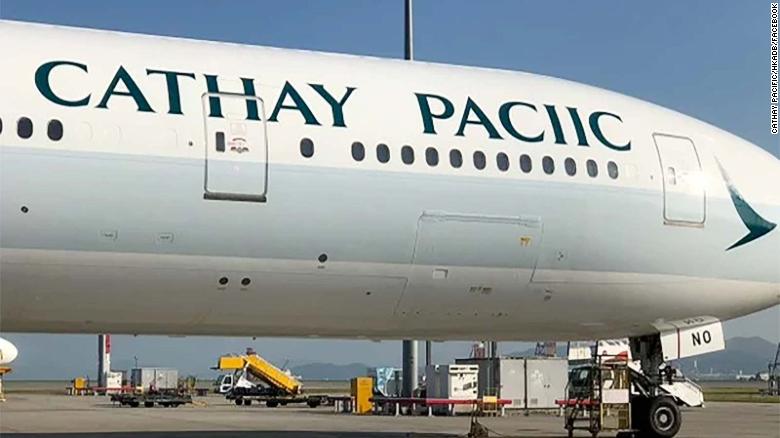Hong Kong spends billions to avert recession as protests hit the economy

The government announced a stimulus package worth about 19 billion Hong Kong dollars ($2.4 billion) Thursday to help safeguard jobs and provide relief to “people’s financial burden.”Hong Kong’s economy grew by just 0.6% in the second quarter, the weakest rate in a decade. Compared with the first quarter of 2019, GDP shrank by 0.3%. A contraction in the July-September quarter would tip the city of about 7 million people into recession. Mass pro-democracy protests have been taking place for 10 straight weeks, disrupting business, forcing the cancellation this week of nearly 1,000 flights, and scaring investors in Asia’s premier financial hub.Financial Secretary Paul Chan told reporters that Hong Kong’s faltering economy — already suffering from China’s slowdown and the trade war — had received a further blow from “recent social incidents.” The government slashed its forecast for economic growth in 2019 to between 0% and 1%.”The Hong Kong economy faced significant downward pressure in the second quarter. The situation has turned even more austere in recent months,” the Hong Kong government said in a statement. It said the protests had affected Hong Kong’s international image and damaged the retail trade, restaurants and tourism, piling pressure on an economy already feeling the impact of escalating trade tensions, geopolitical risks and heightened market uncertainty.The stimulus package includes tax cuts, extra social security payments and school subsidies. The government will also waive some fees for small and medium sized businesses, reduce rents at state owned facilities and create public works projects.”Together with one-off relief measures announced in the 2019-20 budget … they will provide impetus for our economy and help cushion the enterprises and people of Hong Kong against challenges arising from economic uncertainties,” Chan said. The city is home to seven Fortune Global 500 companies such as Lenovo (LNVGF), and operates as an Asian base for many multinational corporations and major banks who prize the semi-autonomous city for its close ties to mainland China and its own distinct legal system.The cost of the tumult is already showing up in the earnings of a growing number of big companies. Disney (DIS), HSBC (HBCYF), Prada, Swatch and Cathay Pacific (CPCAY) are among the businesses taking a hit. Hong Kong’s big real estate investors have also been slammed. — Carly Walsh contributed to this article.


